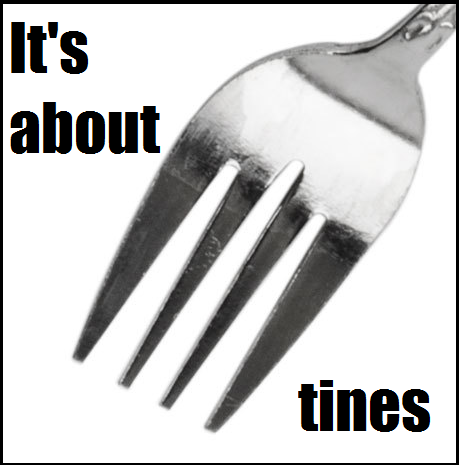Subject: How to start?
Author:
Posted on: 2015-06-27 21:19:00 UTC
First it is important to note that morals and law are not the same. The law does not regulate morals and morals do not inform the law. At least that is how it is supposed to be, how successful that is, is up for debate. I am not, nor have I been making a moral argument. I have, however, been making a contextual historical legal argument, based upon the history of the law in question, namely the Constitution.
It is clear from the writings of the founders, from the minutes of the record, and from the Federalist Papers, that one of the biggest issues that concerned the founders was oppression. Keep in mind they had just fought a costly war because they felt they were being oppressed, and they were concerned about it happening again. That is why the Articles of Confederation were born. They were worried that they were substituting, (to borrow from The Patriot) "One tyrant 3000 miles away for 3000 tyrants one mile away".
When the Articles began to fail, the founders decided they needed the current system we have now, but they were well aware that there could be risks, and that people might not want to support such a strong Federal Government. That is why all the checks and balances were put in place. It was to ensure no one branch had sufficient power to oppress the people.
This idea continued well after the Constitution as well. It is seen again clearly with the 13th, 14th, and 15th Amendments. Their purpose was to both prevent the States from oppressing the rights of the citizens, and to attempt to reenfranchise an entire class of people. Of course those Amendments had no teeth at the time and so it was difficult for any enforcement to occur, but the intent was there. It was seen again with the 19th Amendment, to prevent further oppression of a group.
There is also the 22nd Amendment, which was a response to FDR's incredibly long tenure as president, the concern was that it had become an abuse of power.
Now there is also the entire Civil Rights Movement, brought because the people felt that they were being oppressed by their governments. And perhaps more importantly the Civil Rights Act, which finally gave teeth to the Reconstruction Amendments. That really solidified a new approach, which was to find more protected rights. That eventually gave rise to the decisions like Loving (fundamental right to marriage), Griswold (fundamental right to privacy), Batson (prevent race-based juries), Miranda (required warnings to all criminal suspects), Widsor (grant same-sex couples same tax benefits) and now yesterday's decision.
The fact of the matter is, under US Law, oppression is wrong.
As to your question. Yes I do believe oppression is morally wrong, but as I said I am not making a moral argument. If you want me to, I suppose I could, but morality is too squishy.




